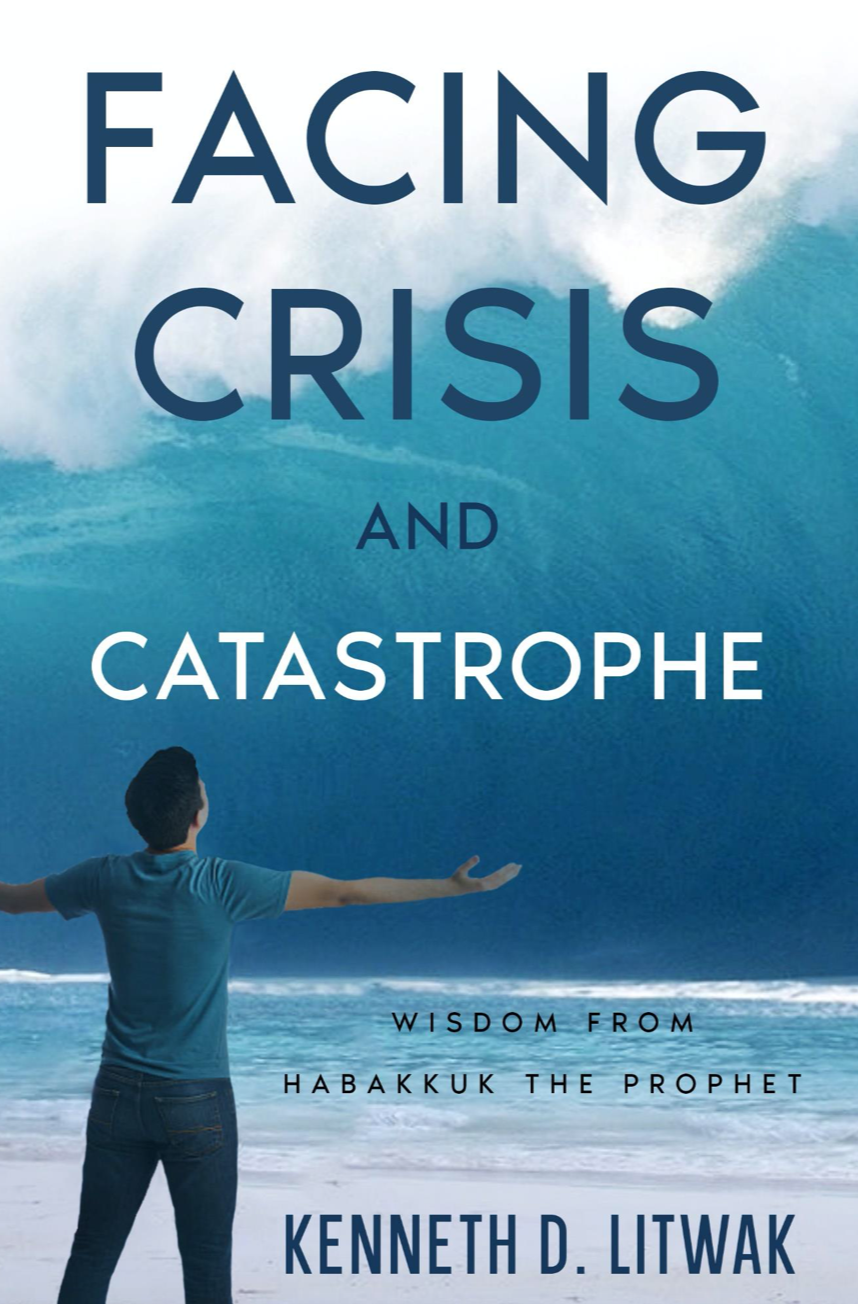Have You Tried to Read the Bible in a Year?
Sometimes, when my wife and I are eating a dessert, such as ice cream or cheesecake, she will say to me, “Slow down and enjoy it.” That’s good advice for someone who tries to rush through things–especially when ti comes to reading the Bible.
I have seen many schemes for reading the entire Bible in a year. That’s a fine goal, but there’s a potential problem, depending upon the reader. Let’s say that you are working 8 or more hours a day, 5-6 days a week.
One such plan calls for reading in one day 2 Corinthians 10-13. This is a somewhat complicated text. To do the biblical text justice, you ought to read it slowly. After all, it is God’s word, not fast food. Do you have time on a work day to read those four chapters slowly enough to actually understand and follow the flow of what Paul is saying?
The Beauty and Value of God’s Word
Psalm 119 is all about the beauty and value of God’s word. Yes, the main focus is on the Mosaic Law, but we can easily expand that to all Scripture. Psalmt119:9 says, “How shall a young person (male or female) guard his way and cleanse his way? By keeping your word.”
In a culture where the media and the Internet want to promote unclean ways, this is an important instruction for all believers. Then there’s Psalm 119:105: “Your word is a lamp to my feet, and a light to my path.” My wife calls this our family verse. It’s for a well-lit walk, which sounds like Litwak.
Psalm 19:7-11 also extols God’s word. Note that the Law in the Psalms is Genesis-Deuteronomy. There’s a lot more in there than the command to not wear garments of two types of fabric and want not to eat because it is unclean. David wrote, “The law of Yahweh is perfect.” He goes on to say that God’s words are “more desirable than gold” (Ps 19:10).
In 2 Tim 3:16-17, Paul tells us that “All Scripture is God-breathed and useful for teaching, for reproof/correction, for improvement, for instruction in righteousness, in order that a person who belongs to God may be capable, equipped for every good work.”
Jesus should be the center of life for every disciple and he used Scripture all the time, such as his citation of Isa 61:1-2a in Luke 4:18-19, and note also that in Luke 4:17, the scroll of the prophet Isaiah is handed to him. It did not have chapters or verse numbers at this time. Jesus simply found the place where this citation of Isaiah is located. He certainly knew Scripture well.
What does all this mean? It means that we should read the Bible slowly and carefully, savoring it like a fine dessert. This is not simply to be able to say, as one reading plan had it, “I read all of Ephesians 1-3 today.”
How to Read the Bible–However Long It Takes
In principle, reading all the way through the Bible in one year is fine, as long as you take the time to read it carefully. If you blast through it simply to keep on the schedule, that’s not worth very much. How useful was that speed reading? What do you remember? Did you give the Holy Spirit a chance to speak to you through it? Having a Bible is not a trophy. It is God’s communication to us.
I have a tendency, when I have to read instructions for something, to get through them as quickly as possible. That risks missing something. However. I don’t want to rush through the Bible. I want to read the messages to the seven churches of Asia Minor in Revelation 2-3 slowly, and prayerfully, in order to both understand it better and to give the Holy Spirit a chance to speak to me on anything that’s there.
Living Out What You Read
“My first love,” for example, could refer to the love for other believers, described in 1 John. I think that John the apostle wrote both 1 John and Revelation, but even if he didn’t, the message is still valid. Do you love the believers you come in contact with? Or, is your goal to descried whether they believe all the things that you do exactly as you do? The first is crucial—read 1 John. The second is not.
If you want to test that, try arguing with someone about predestination and free will, based solely on the Bible. When you and the other person wear out, all you will have accomplished is getting yourself and the other person upset. There are many things on which I might disagree with another disciple, but most of them don’t matter much.
What does matter, and the passages above show, is that reading and understanding Scripture is vital. It’s not just for intellectual purposes. It’s for how you live. You’ll see that I have used the word “disciple” more than “believer.” That’s because Jesus calls for people to follow him (Matt 16:24). Jesus calls us to be disciples, to follow him. One thing that disciples must do is learn. The passages above speak of learning what God wants from us.
Don’t Be Like These Readers
There are some who seem to treat the Bible like a buffet. “I’ll take that verse, but the next one, I don’t like that, and it must not apply to me. In fact, maybe Paul was wrong.” Such an approach means that one is denying 2 Timothy 3:16-17. It means that we are ignoring Jesus’ use of Scripture.
Those who have such an attitude need to decide, “Is Jesus truth or not”? That’s a more important question than whether one verse is valid. If one has this view of Scripture, there’s not much I can say. You have to decide if Jesus or you, or Taylor Swift, or Barak Obama, or some late night TV talk show host, or Oprah Winfrey, with your cultural perspective, knows better.
I choose Jesus and the Bible as a trustworthy communication from God. That doesn’t solve all the questions about what a given passage means. Those questions are worth exploring. There is much to say about that, but in short, it is best to find resources created by someone with a Ph.D. Why? This is not being smug or arrogant.
Generally, that education means that one is aware of differing interpretations. It also means the person has had, at least on small subjects, had to interpret passages and defend them. If you go into a theological library, and find the area where there are commentaries, you can see. In the library I used to work at as a reference librarian, there were four full shelves of commentaries on Romans. That indicates that there are certainly differing opinions on almost any biblical text. That doesn’t mean you should despair of understanding the Bible, don’t. Most passages are not that debated. If you come upon a hard passage, like 1 Cor 11:2-16, checking a commentary is a good idea. What I am arguing for, however, is that you read the Bible carefully and slowly, and keep the context in mind.
So, I don’t encourage you simply to accept what some pastor, without significant academic training, has to say. The pastors of many megachurches in particular often don’t have anything like adequate academic training. Therefore, their comments probably aren’t based upon research and they doubtless don’t know the biblical languages, like Greek. I know that might seem arrogant to, but I’ve heard some pretty indefensible use of biblical passages. I even heard of a survey in one denomination that found its most popular preachers were all you and uneducated in the Bible or theology. That scares me.
It’s critical that we read the Bible and think about what it means and how it might apply to your life. When I get to teach a seminary class, I ask students to read particular passages and write observations about the passage and the possible significance of what they are reading, without using any biblical commentaries. I’ve read papers in which students come up with lots of good observations.
I recommend commentaries in, say, the Tyndale Commentary series or the New International Version Application commentary series, or the Story of God commentary series. These are alll appropriate for non-scholars.
Other students, however, come up with lame observations, often basically a paraphrase of what the passage says. That’s not an observation. You don’t need to be a scholar to do this activity. All you have to do is pray for help from the Holy Spirit and read a passage slowly and think about what it says. As you read, you may see things to pray for, such as contentment or greater holiness or knowing God more deeply. I contend that it is far better to read a passage slowly and carefully than to read five chapters of Genesis in one day.
Of course, if you are retired or have a lot of free time, you can read slowly and carefully on the schedule for reading the Bible in one year. Otherwise, take your time and savor a passage, not speed read through it.
If you found this helpful, please share it. Also, I’d like to know what you are thinking about what this post says. Thanks.










0 Comments